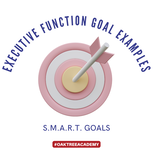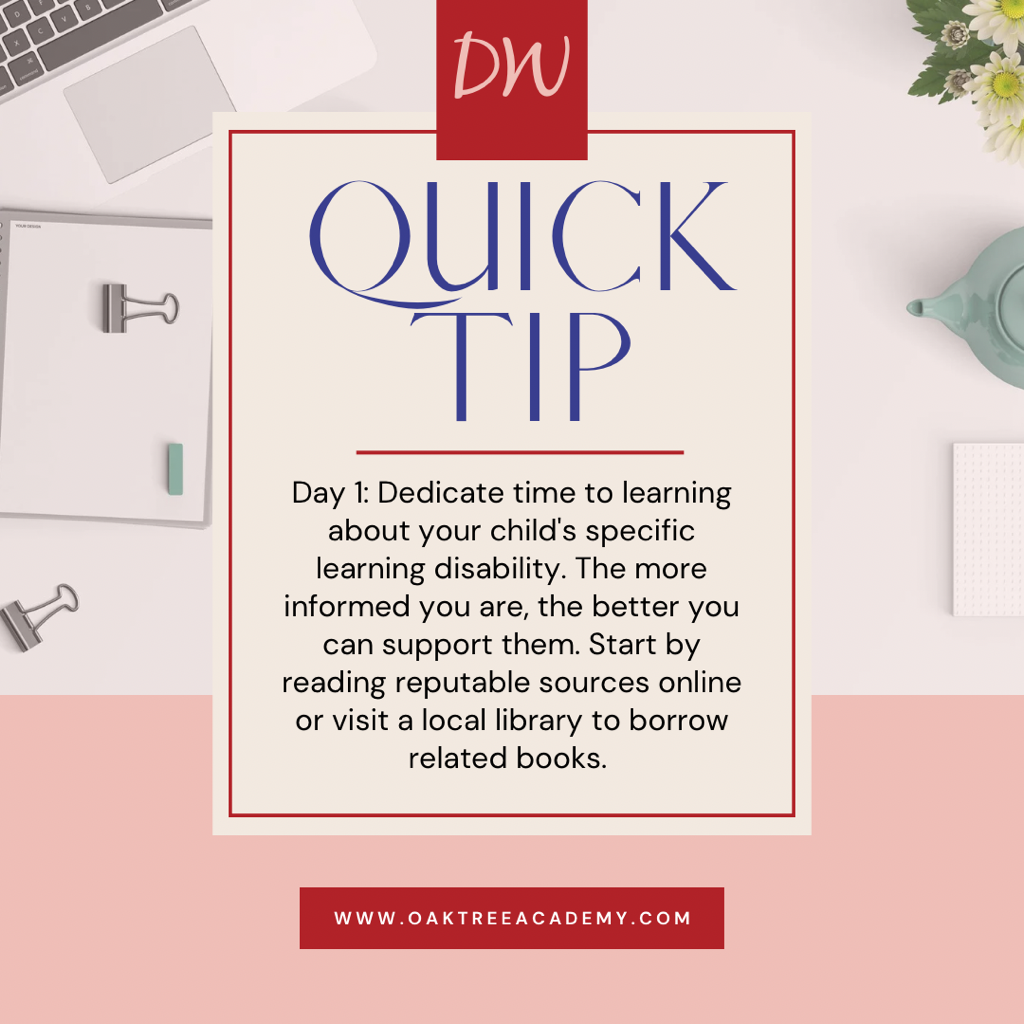Mastering IEP Data Collection: Strategies for Effective Progress Monitoring and Parent Reporting11/26/2023 This article explores strategies and best practices for collecting data for Individualized Education Program (IEP) goals and progress monitoring, including tips for effective data collection, involving stakeholders in the process, developing a progress monitoring plan, utilizing digital solutions, and reporting progress to parents. Photo by Element5 Digital on Unsplash Photo by Element5 Digital on Unsplash Understanding the Importance of IEP Data Collection An Individualized Education Program (IEP) is a personalized plan designed for students with disabilities, outlining their current performance levels, specific goals, resources, and strategies for implementation. IEP data collection is important in the IEP process and involves the IEP team, including teachers, school staff, specialists, district representatives, and parents. This tailored program is crucial for students with disabilities as it ensures that they receive the necessary support and accommodations to facilitate their learning and development. The IEP also plays a vital role in fostering a collaborative approach between educators, parents, and specialists to address the unique needs of each student with disabilities. Data collection is integral to the IEP process and progress monitoring, serving as a means to objectively monitor the student's progress, ensure the effectiveness of the support provided, and plan future interventions. It enables educators and the IEP team to track the student's advancements, identify areas that require additional attention, and make informed decisions based on concrete evidence. Moreover, data collection in the context of IEPs is essential for transparent and accurate reporting of the student's progress, contributing to the overall effectiveness of the educational support provided. Setting Specific, Measurable, Achievable, Relevant, and Time-bound (SMART) goals is fundamental for effective data collection and progress monitoring within IEPs. These goals provide a clear baseline for tracking data, allowing special education teachers to tailor their instruction and support according to the specific needs and abilities of the students with disabilities.
0 Comments
 The Importance of Accountability You, my dear Watson, are not just a parent; you're a full-fledged detective on the case of your child's education. And you're in good company—Columbo, Miss Manners, and the IDEA (Individuals with Disabilities Education Act) are your trusty sidekicks. You see, holding a school accountable is much like a detective drama—exciting, nerve-wracking, and essential. The stakes? Ensuring your little Sherlock gets the education they deserve, complete with the support and resources that IDEA guarantees. The enemy? The vague and impersonal bureaucracy that sometimes seems designed to make life difficult for you and your child. But don't let the cloak and dagger intimidate you; accountability is your superpower!  Discover five essential goals aimed at enhancing a student's academic journey and personal development. These objectives focus on improving task initiation, working memory, self-monitoring skills, organizational abilities, and emotional regulation. Explore the detailed plan to support the student's progress and ensure a brighter future. Here are some helpful resources that can offer more in-depth information on various learning disabilities:
Books:
 Photo by CDC on Unsplash Photo by CDC on Unsplash Don't wait until it's too late to find out if your child is eligible for summer services! Spring is the time when school administrators plan for Extended School Year (ESY) services, designed to prevent regression and ensure a Free and Appropriate Public Education for students with disabilities. In this blog post, we'll guide you through the process of determining your child's eligibility for ESY and provide strategies for advocating and securing these vital services. Get ready to make the most of the summer and set your child up for success!  Welcome to our blog post where we tackle the intriguing question: Is an Individualized Education Program (IEP) a legal document? 🤔✍️ As parents, educators, and advocates in the world of special education, it's essential to understand the legal aspects surrounding IEPs and the implications they have for students with disabilities. In this informal guide, we'll delve into the depths of IEPs and their legal foundation, shedding light on their binding nature, rights and protections, and the role they play in ensuring equal access to education. So, grab a cup of coffee ☕, get comfortable, and let's embark on this journey to unravel the legalities of IEPs. #IEPLegalities #DisabilityRights Part four Enhancing Support: A Comprehensive Approach: Comprehensive Support: Empowering Every Aspect of a Child's Education 🤝📚 Let's explore how the coexistence of an IEP and a 504 plan can offer a comprehensive support system for students with disabilities. By combining the individualized goals and specialized instruction of an IEP with the accommodations and equal access provisions of a 504 plan, students can receive a holistic approach to their education. This powerful combination allows for a tailored support system that addresses diverse needs and promotes inclusive learning environments. Discover the benefits of this comprehensive approach and how it can positively impact a child's educational journey. When these two plans join forces, they create a comprehensive support system that leaves no stone unturned in meeting the unique needs of students with disabilities. With an IEP, students receive individualized goals and specialized instruction that cater to their specific learning requirements, nurturing their strengths and helping them overcome challenges. 🎯📚 Meanwhile, the accommodations and equal access provisions offered by a 504 plan ensure that students can fully participate in the educational experience, regardless of their disabilities. By combining these elements, a holistic approach to education emerges, fostering inclusive learning environments where every child can thrive. 💼 Discover the multitude of benefits that this comprehensive approach brings, empowering students and setting them on a path to success in their educational journey. #ComprehensiveSupport #HolisticApproach #InclusiveEducation Decoding the IEP Evaluation Results: Your Guide to Sailing Through the IEP Eligibility Meeting5/27/2023  Photo by Lukas Blazek on Unsplash Photo by Lukas Blazek on Unsplash As a parent, you want nothing more than to see your child thrive academically and reach their full potential. But when your child has special needs, navigating the complex world of Individualized Education Programs (IEPs) can feel like attempting to solve a puzzling mystery. Fear not, for in this blog post, we'll provide you with the keys to unlock the IEP puzzle, starting with understanding evaluation results and preparing for an IEP eligibility meeting. At times, the IEP process may seem overwhelming, filled with unfamiliar terminology and daunting meetings. However, armed with the right knowledge and strategies, you can confidently advocate for your child's educational needs. So, let's embark on this journey together, empowering you to become an informed and proactive partner in your child's educational journey. Understanding IDEA and Your Parental Rights: Ensuring Your Child's Best Educational Opportunities ?✨5/26/2023  Photo by Markus Spiske on Unsplash Photo by Markus Spiske on Unsplash The Individuals with Disabilities Education Act (IDEA) is a vital piece of legislation for many families across America. This law guarantees students with disabilities the right to a Free Appropriate Public Education (FAPE) in the least restrictive environment. As a parent, understanding the IDEA and your rights can be crucial for your child's development. But, how exactly does it work? 💭🧩  Photo by Jason Goodman on Unsplash Photo by Jason Goodman on Unsplash Hey there, fellow advocates and parents! 🙋♀️ Let's dive into a topic that's often a bone of contention for many of us — the scheduling of Individualized Education Program (IEP) meetings. Frustrated with inflexible timing? 🕗 I'm here to shed light on your rights and how to ensure you get your say in the IEP process. 📢✨ Table of Contents 📑
|
OTA AuthorThe Oak Tree Academy mission is to improve the quality of life of people with language-based learning disabilities and their families by developing programs and disseminating knowledge based on current research. Archives
April 2024
Categories
All
|

 RSS Feed
RSS Feed